We should only say sorry when we mean it

Dame Cressida Dick, an honest and brave commander in an impossible job, has been casually felled by a weak, cowardly mayor looking for other people to blame. She made an easy target. The former commissioner of the Metropolitan Police had apologised for her force’s failure to stop a police officer murdering a woman walking alone; apologised for her officers photographing corpses and sharing images on WhatsApp; and apologised for police incompetence in missing a serial killer of young gay men.
In none of these cases was she personally involved. Sadiq Khan, however, was personally involved in evaluating, hiring and retaining Dick, but for this you may be sure he will not be apologising.
Should either of them be “apologising” at all? What’s going on with this word?
Let me try to disentangle threads because the same word can carry importantly different meanings, and we’re all too easily bamboozled when one kind of “sorry” masquerades as another. I’ll take as examples four cases, four types of saying sorry.
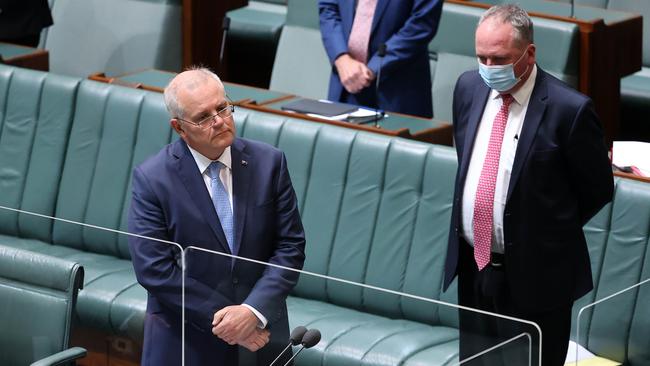
Let’s start with Gillian Keegan, a junior health minister, who was listening to three fathers whose daughters had killed themselves when she was told she’d tested positive for Covid. She informed the men, and carried on. Here are her own words on Twitter on Wednesday. “I should have immediately ended the meeting and on reflection this was an error of judgment on my part. I fully recognise the importance of following the letter and spirit of the policies, so want to be upfront about what happened and to apologise for the mistake I made.”
I’d call this the Apology Absolute. It’s the purest form of contrition and involves the acceptance of personal culpability. You may have noticed that Keegan’s tweet ended the matter, and the story died. Having done arguably the wrong thing, she did the right thing. One respects her for it.
Next comes the Apology Historic. You may remember Australia’s “National Sorry Day” to the continent’s Aboriginal population for their ancestors’ treatment at the hands of white settlers and subsequent (but long-gone) governments. An apology on behalf of dead people is relatively easy to make, especially if unaccompanied by any serious offer of atonement; but the gesture is not entirely empty. If we’re to feel pride in our forebears’ achievement we may also feel shame for their error.
Now for the Apology Institutional. Like the Apology Historic, this is another way of saying sorry, but not on one’s own account. Here the speaker dresses up an apology as personal, but on closer inspection shifts responsibility on to underlings. Note Boris Johnson’s recent apology to the Queen “for misjudgements that were made, and for which I take full responsibility”. Using the passive voice (misjudgements “were made” rather than “I misjudged"), the prime minister adds that he “takes full responsibility”. Here (perversely) the word “full” weakens the word “responsibility”. We associate this formulation with apologies made by a dutiful boss. “I must take full responsibility” is easier to say than “I am responsible”.

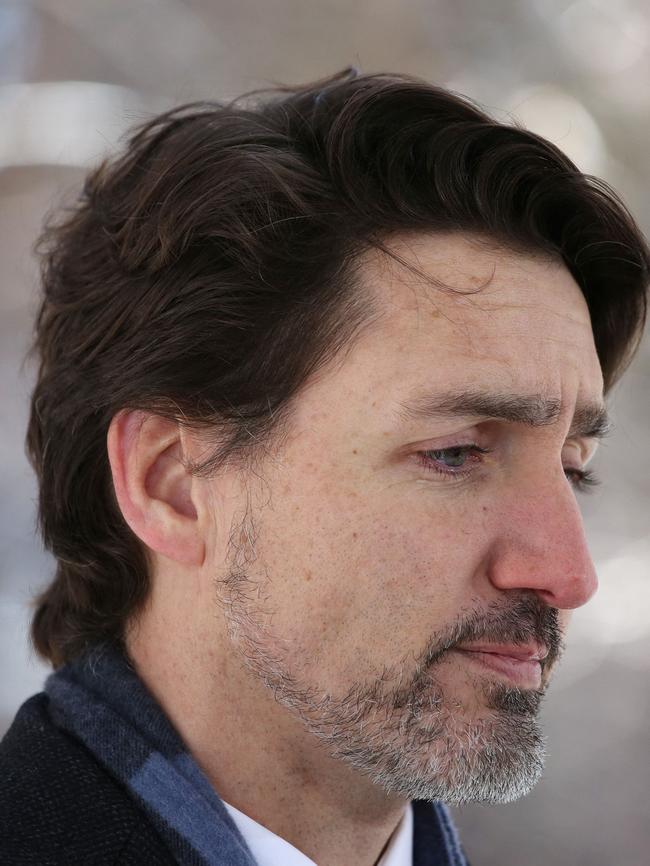
Mr Johnson’s spokesman explained that his master “recognised that No 10 should take responsibility for the things we did”. Note the “we”.
And now for the Apology Relocative. This slippery use of “sorry” is beloved of leaders in every field: essentially “I’m sorry that you’re upset”. So the apologiser’s mistake was in not realising how he might offend. At its worst, such sorries sneakily regret how oversensitive other people can be. Priti Patel, found to have bullied her staff, issued a curious non-apology: “I’m here to give an unreserved apology today and I am sorry if I have upset people in any way whatsoever.”
But she never says she did wrong, only that hurting people “was never my intention”. She adds that her work is “deeply challenging”, perhaps suggesting her staff should have realised that.
In a Commons statement about a Downing Street garden party for staff, the PM begins, “I want to apologise”, then launches into an extended disquisition on ordinary people’s sorrows during lockdown, and how this may look to some ("I know the rage they feel …"). There were things, he says, that “we” did not get right. Defending the use of the garden because of “the role of fresh air” he avoids the word “party” and explains how he’d “implicitly” believed the gathering was a work event. He never confesses that this belief was wrong – but “with hindsight I should have sent everyone back inside”.
The use of “with hindsight” is important here. It’s the time-honoured exculpatory “if I’d known then what I know now”.
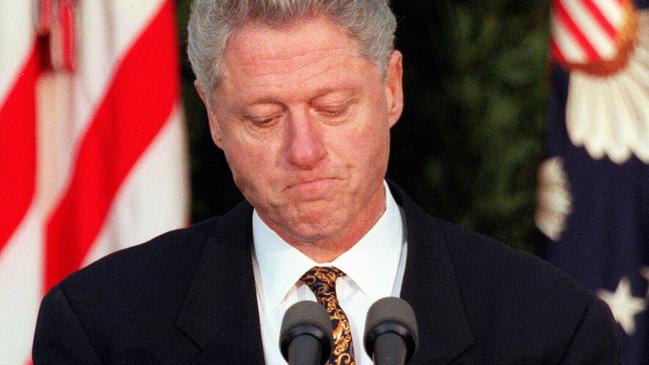
He knows now that though (he says) the event may have been technically legal, there are “millions and millions of people who simply would not see it that way”.
In other words they’re wrong but they’re unaware of it, and had he guessed their reaction he would have behaved differently. You can catch here a cautious half-apology for thoughtlessness, coupled with a regret that other people won’t see things straight.
I do not, in fact, think Johnson the worst kind of offender because with him it’s all so transparent: like a little boy who stole his sister’s Bounty Bar but, commanded by mum to say that word “sorry”, won’t. Smoother operators are less easily detected. All trade on the loose and shiftable meaning of words; and if we’re to keep fresh and stinging the vocabulary of real remorse, we must stop demanding apologies every time something has gone wrong, and stop overusing apology as a way of slithering out of awkward situations when the real need is for explanation rather than professions of regret.
Slack use of the language of remorse allows politicians to sound humble without actually admitting guilt; and to imply blame without having to demonstrate instrumentality. As director of public prosecutions, Sir Keir Starmer was probably unwise to apologise on behalf of the whole Crown Prosecution Service for failings in the Jimmy Savile affair. The apology gave Boris Johnson his pretext for a dirty shin-kick. We should say sorry less often in public life, and mean it when we do.
The Times



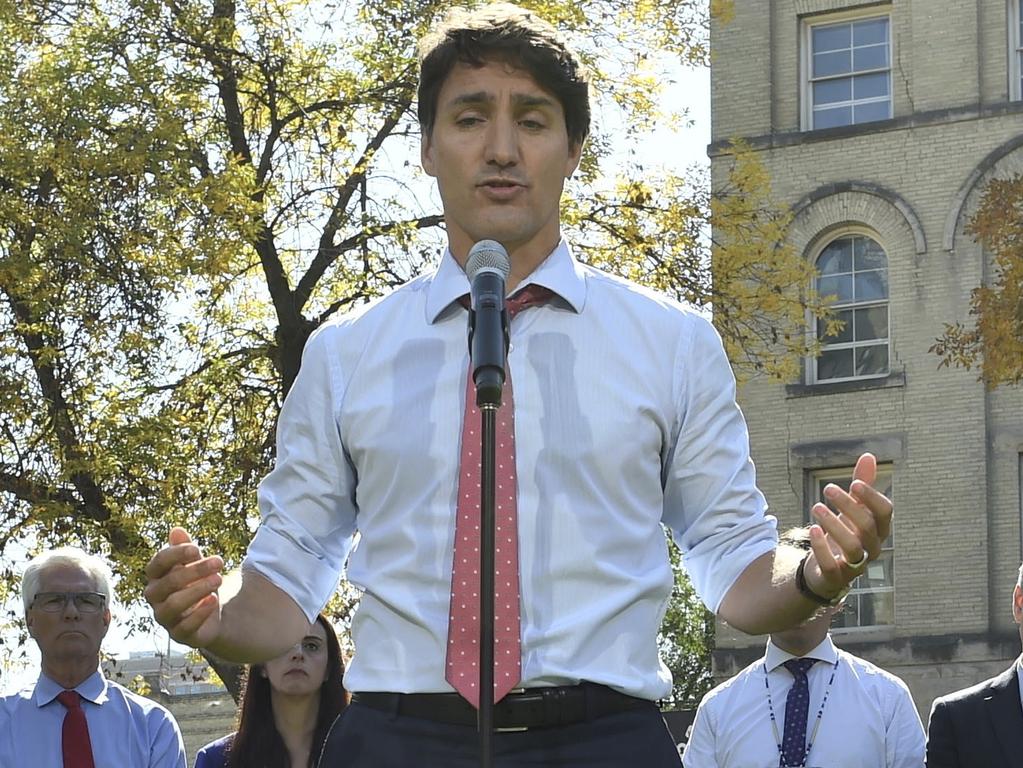

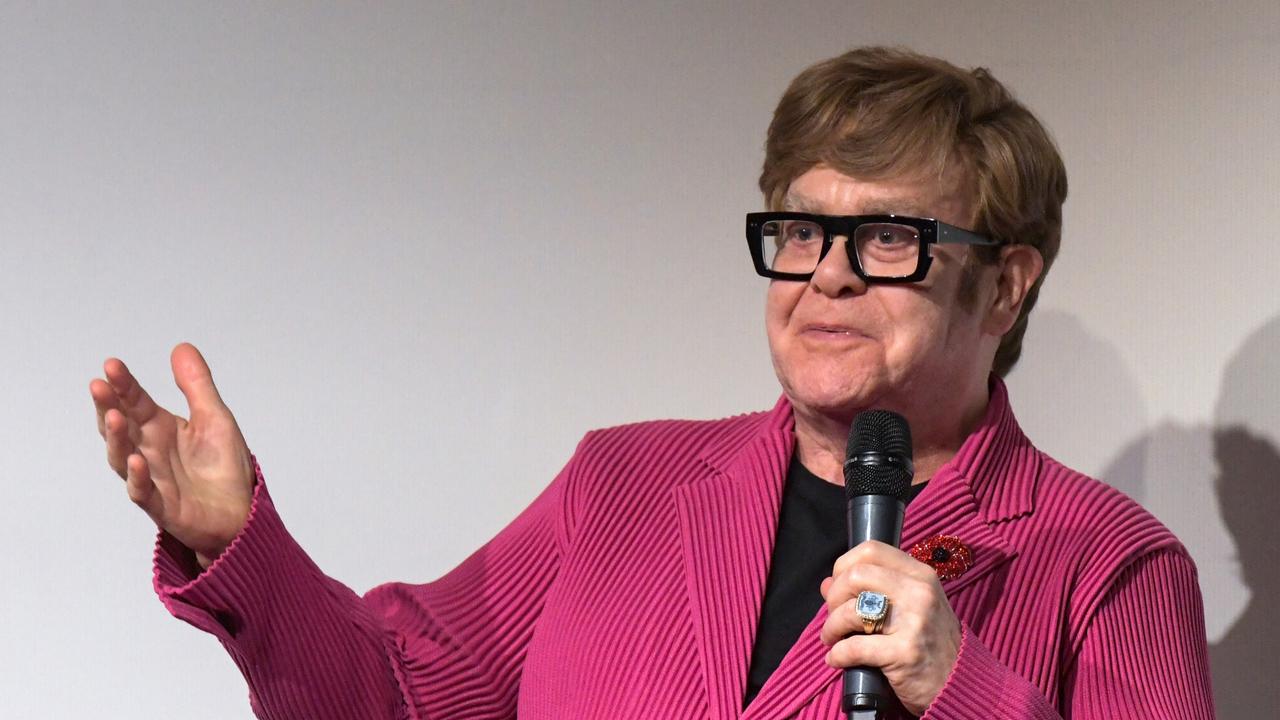

Elton John was wrong. Sorry seems to be the easiest word. Our era has got itself all tangled up in the apology industry as accusers scream for expressions of remorse while the accused ransack the English language for ways of saying sorry without conceding that anything was their fault. The public, meanwhile, are mightily confused: what does “I’m sorry” even mean, when the apologiser is simultaneously claiming not to be involved or at fault? Can you apologise on behalf of somebody else, and if so, when?